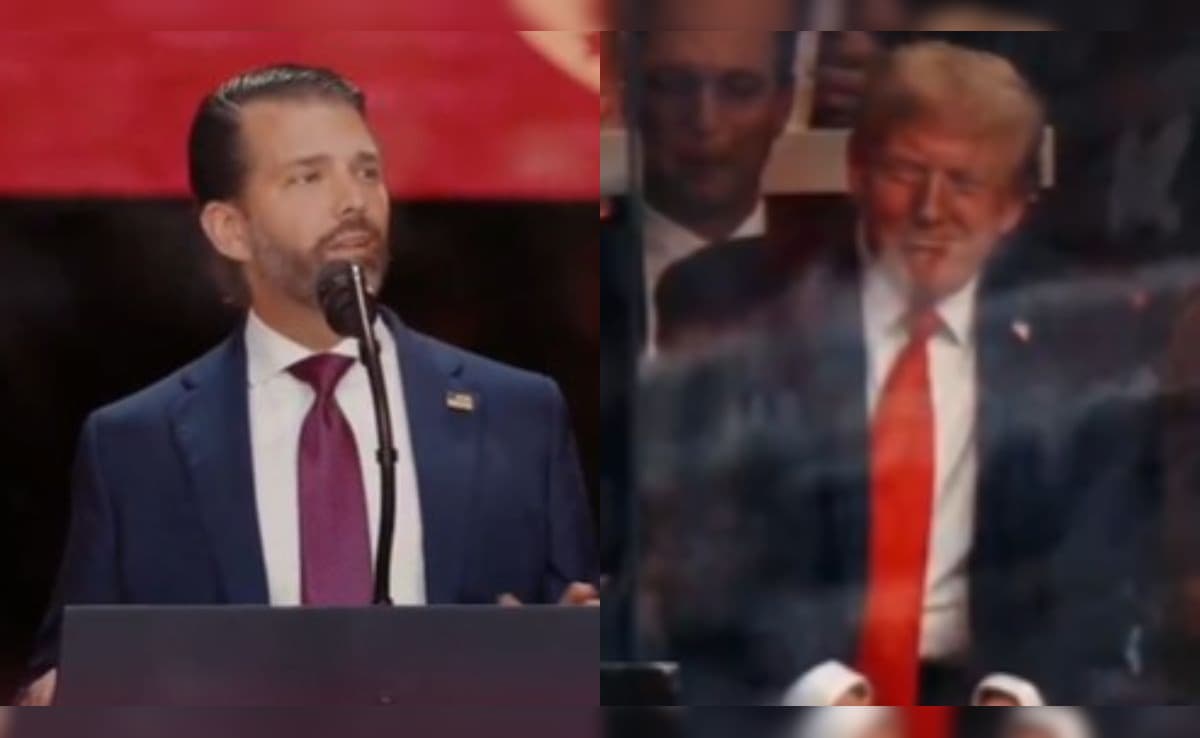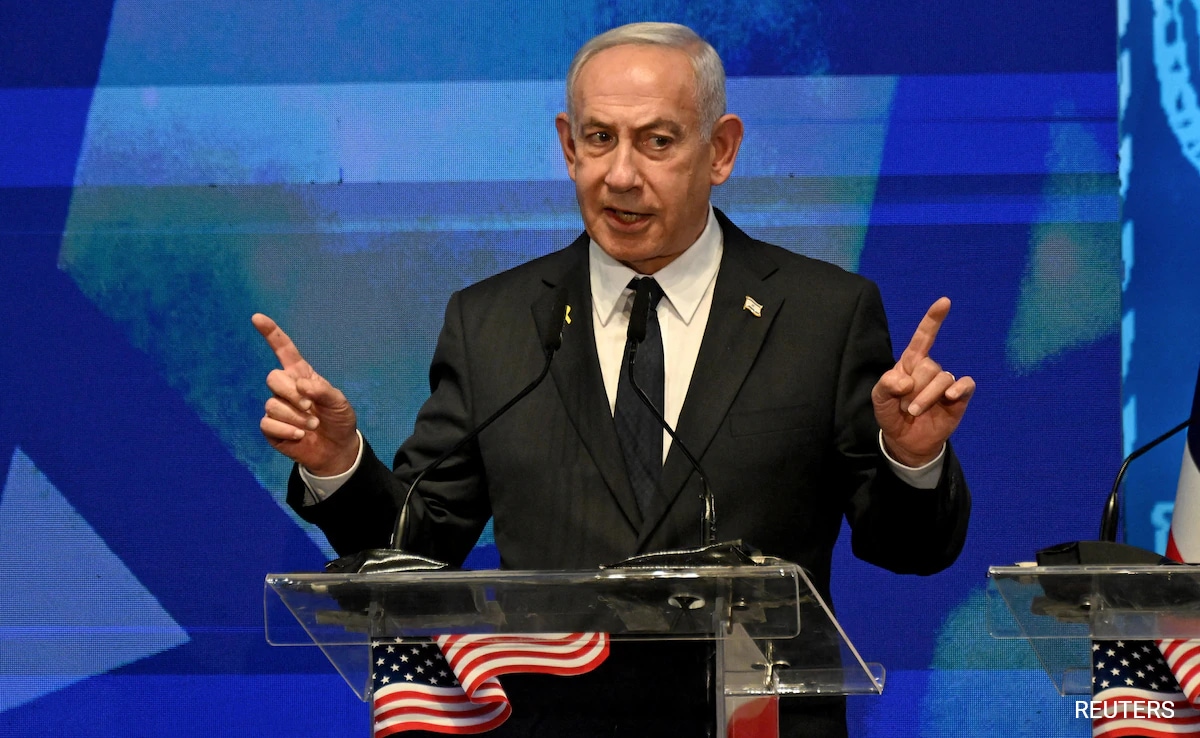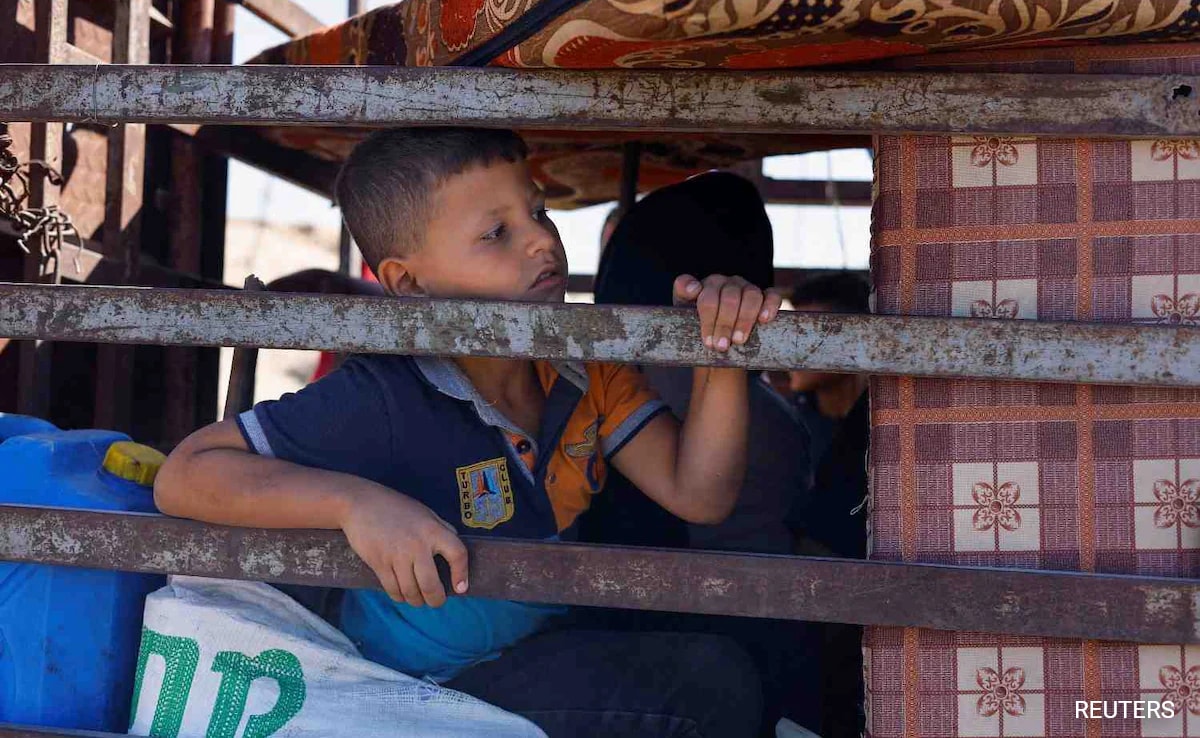President Biden is headed for NATO’s eastern flank on Friday, when he will meet with his Polish counterpart in Rzeszow, a city some 60 miles from the Ukrainian border. The visit, yet another show of Washington’s solidarity with its transatlantic allies, follows a U.S. pledge to accept 100,000 Ukrainian refugees and a vow to respond “in kind” if Russia uses chemical weapons in its invasion.
The battle for the Ukrainian capital, Kyiv, rages on as the war enters its second month, with counterattacks forcing Russian troops into defensive positions, according to U.S.-based military analysts. Ukrainian forces are likely to continue striking logistical assets in territory held by Russia, which would stretch the Kremlin’s supply lines and dampen morale among Russian forces, Britain said in a Thursday intelligence update.
While addressing the European Council and the nations of Europe on Friday, Ukrainian President Volodymyr Zelensky said he was “grateful” for sanctions against Russia but that they came “a little too late.” He added: “These are powerful steps. But it was a little late. Because if it had been preventive, Russia would not have gone to war.”
Here’s what to know
U.S., Europe announce new task force to reduce European reliance on Russian fossil fuels
Return to menuBRUSSELS — The United States and the European Commission announced Friday a new joint task force to reduce Europe’s reliance on Russian fossil fuels, as the West looks to further punish Russia for its invasion of Ukraine.
President Biden and European Commission President Ursula von der Leyen said the task force will work to ensure energy security for Ukraine and the European Union ahead of next two winters while also assisting in reducing Europe’s dependence in the long term.
The United States will work to ensure least 15 billion cubic meters of liquefied national gas for the European market in 2022 while expecting to increase the amount in the coming years, the White House said.
The task force will be chaired by a representative from the White House and a representative of the president of the European Commission.
The partners will also take steps to diversify LNG supplies in alignment with their climate goals, including reducing the greenhouse gas intensity of new LNG infrastructure. The partners will also work to reduce demand for natural gas in the long term, including by expediting planning and approval for renewable energy projects.
Jake Sullivan, Biden’s national security adviser, said Wednesday the goal of helping Europe reduce its reliance on Russia is “a major priority,” and that the United States is already diverting cargoes to increase the supply of gas to Europe.
Europe remains heavily dependent on Russian gas exports to power its economy, with Russian energy comprising as much as 70 or 80 percent of the fuel supply in some Eastern European countries. The European Commission presented plans earlier this month to cut Russian gas imports by two-thirds this year, but that effort remains aspirational amid logistical challenges to diversifying Europe’s energy sources.
Most experts believe that Europe remains years away from being able to depend on renewable energy production, creating a short-term demand for traditional energy sources. U.S. production of LNG — natural gas cooled to a much smaller volume so it can be shipped — has emerged as an obvious potential stopgap, but it will be difficult to get enough LNG to make up for a dramatic drop in Russian energy production.
Moody’s says it will withdraw credit ratings on Russian entities
Return to menuGlobal credit agency Moody’s intends to withdraw its credit ratings on Russian entities, it said in a statement Thursday.
Earlier this month, Moody’s announced the suspension of all its commercial operations in Russia, as did other ratings agencies such as Fitch Ratings and S&P Global — following the exodus of companies from the Russian market.
Credit ratings are essential for entities to borrow on the international market. Without a rating, companies or institutions would lose access to commercial loans.
Moody’s operates in more than 40 countries, with various ratings that can help investors and companies identify opportunities and manage their risks. These range from “Aaa,” for entities with the lowest credit risk, to “C,” for those typically in default and lacking creditworthiness.
Russia’s economy has been hit by bruising sanctions from the United States and its allies, and the country has been cut off from doing business in dollars, euros, and other reserve currencies. It narrowly avoided a default by making a $117 million interest payment in dollars to foreign bondholders last week. The payment averted what would have been Russia’s first foreign debt default since the Bolshevik Party shocked Western investors in 1918 by refusing to repay the borrowings of Czar Nicholas II.
However, a default could still be in the offing: Russia is required to make additional interest payments on other bonds before the end of this month.
Europe wants to cut Russian energy. Climate policies can help.
Return to menuRussia’s invasion of Ukraine last month precipitated an energy crisis that is reverberating around the world. Nowhere are the effects felt more intensely than in the European Union, which relies on Russia for roughly 40 percent of its gas and more than a quarter of its oil.
As European leaders scramble to find alternatives to imported Russian energy, the question is whether this moment will mark a turning point in the fight against global warming — or just a change in fossil fuel vendors.
Earlier this month, E.U. officials announced a plan to curb Russian gas imports by two-thirds by the end of the year. The bloc aims to end its dependence on Russian fossil fuels before the close of the decade by ramping up renewable energy initiatives that were already underway.
U.S. charges 4 Russian government workers with hacking energy sector
Return to menuThe U.S. Justice Department fired another legal salvo against Russia Thursday, announcing indictments against four Russian government employees for an alleged hacking campaign targeting the energy sector that lasted for years and targeted computers in 135 countries.
An indictment in U.S. District Court in Washington charges that Evgeny Viktorvich Gladkikh, who worked at a Russian Ministry of Defense research institute, conspired with others to damage critical infrastructure outside the U.S., causing emergency shutdowns at one foreign facility. Those charged in the indictment, under seal since June of last year, also allegedly tried to hack the computers of a U.S. firm that managed similar facilities in the United States.
A separate indictment filed in Kansas charges a hacking campaign launched by Russian’s federal security service, or FSB, and allegedly targeting computers at hundreds of energy-related entities around the world. That indictment was also filed under seal last summer.
What to know about the long-range cruise missile Russia says it fired
Return to menuRussian naval forces launched long-range cruise missiles on Tuesday evening from the waters off Sevastopol, a port city in Russia-held Crimea, according to expert analysis of video verified by The Washington Post.
Russia said the 3M-14 Kalibr cruise missile attack destroyed a major Ukrainian arsenal.
A video filmed by a witness from the Sevastopol waterfront on Tuesday shows at least four projectiles being fired from the water. Geolocation of the video by The Post shows the missiles appear to be traveling northwest, away from the city. As the narrator recites the date and location, the camera pans to show his surroundings.
Leaders add sanctions on Russia, warn against chemical weapons
Return to menuBRUSSELS — The United States and its European allies reinforced their tough stand against Russia on Thursday, sharply warning Moscow against using chemical weapons in Ukraine and announcing new sanctions on Russians. The White House also announced the United States will accept 100,000 refugees fleeing Ukraine.
The statement on chemical weapons issued by the Group of Seven nations reflects growing concern among the world’s democracies that Russian President Vladimir Putin, facing setbacks on the battlefield and abroad, would resort to more extreme actions.
The Biden administration, along with the G-7 and the European Union, also unveiled Thursday a new set of sanctions targeting more than 400 individuals and entities, including the Duma, or legislature, and its members; additional members of the Russian power elite; and state-owned defense companies.
European Council says Russia committed war crimes in Ukraine
Return to menuThe European Council on Thursday released a statement accusing Russia of committing war crimes in Ukraine. “These war crimes must stop immediately. Those responsible, and their accomplices, will be held to account in accordance with international law,” said the European Union body, which comprises leaders of E.U. member states.
The declaration came amid a visit by President Biden to Brussels, during which he discussed with Western allies a response to Russian President Vladimir Putin’s aggression. The top E.U. foreign policy official this week accused Russia of war crimes in Ukraine while singling out the siege of Mariupol. Washington, Canberra and London have also used the term to describe Russian military conduct in Ukraine.
The council also called on Moscow to end its unprovoked attack and pledged to help Ukraine rebuild once hostilities cease.
Ukraine says it destroyed Russian warship in fiery video
Return to menuUkraine’s navy claimed Thursday it had destroyed a Russian landing ship at Russian-occupied Berdyansk, as videos showed fires and columns of smoke rising from a ship docked at the city’s port.
The port, which sits on the Sea of Azov southwest of besieged Mariupol, has been used by Russia to deliver military supplies in support of its month-long assault on Ukraine. With heavy casualties and equipment losses taking a toll on Russia’s advance, Moscow has described the port as a crucial entry point for reinforcements.
The damage to the ship was captured in social media videos verified by The Washington Post and satellite images. The flames were visible at far distances in clear skies and the smoke so dense that it appeared in images taken in space.
Boris Johnson said Putin will try to ‘Groznify’ Ukrainian cities. Here’s what that means.
Return to menuBritish Prime Minister Boris Johnson on Thursday told BBC Newsnight that Russian President Vladimir Putin plans to “Groznify” Ukrainian cities — a reference to the 1999 destruction of Grozny, the Chechen capital, by Russian forces.
Asked about the potential for a diplomatic solution to the war in Ukraine, Johnson said he’s “not optimistic” Putin wants peace. Instead, Johnson said, “I think he’s decided to double down and to try to Groznify the great cities of Ukraine in the way he’s always tried to do.”
"I'm not optimistic Putin really wants [peace]. I think he’s decided to double down and try to Groznyfy the great cities of Ukraine."
Prime Minister Boris Johnson on the prospects for peace talks between Russia and Ukraine
Watch at 2230 on @BBCTwo#Newsnight | @nicholaswatt pic.twitter.com/cO47BN28il
Johnson was referring to the 1999 siege of Grozny, the capital of Chechnya, a breakaway republic that had previously fought off Russian attempts to invade. In October 1999, after Putin had become prime minister, Russian forces surrounded the capital and unleashed relentless bombing and shelling that decimated much of the city, killing thousands and allowing Russia to take control.
Backed by the Russian military, Syrian President Bashar al-Assad used the tactic to destroy and take control of Aleppo in 2016.
“I think that’s a tragic mistake,” Johnson said of the situation in Ukraine, “but that’s what [Putin] seems to be doing at the moment.”
Russia has used siege tactics on Ukrainian cities such as Mariupol. Russian forces have surrounded the city, cut off supplies and communications, and constantly shelled the area. Although thousands of residents have been able to escape, Ukrainian officials say thousands have died there.
Adam Taylor contributed to this report.
Biden aides explore rarely used sanctions weapon against Russia
Return to menuSenior Biden officials are exploring a dramatic escalation of the administration’s sanctions on Russia as the death toll mounts from the war in Ukraine and the impact of existing sanctions on Russia’s economy remains unclear.
To date, the sanctions imposed by the United States have prevented American banks and firms from transacting with Russian banks, oligarchs, defense firms and other parts of the Russian economy. But now White House officials are preparing rarely used measures that would also punish third parties in other countries for interacting with parts of the Russian economy that have been sanctioned by the U.S., according to four people aware of administration conversations who spoke on the condition of anonymity to describe the private talks.
The people familiar with the matter said the step was not like
.png)











 English (United States) ·
English (United States) ·  Turkish (Turkey) ·
Turkish (Turkey) ·